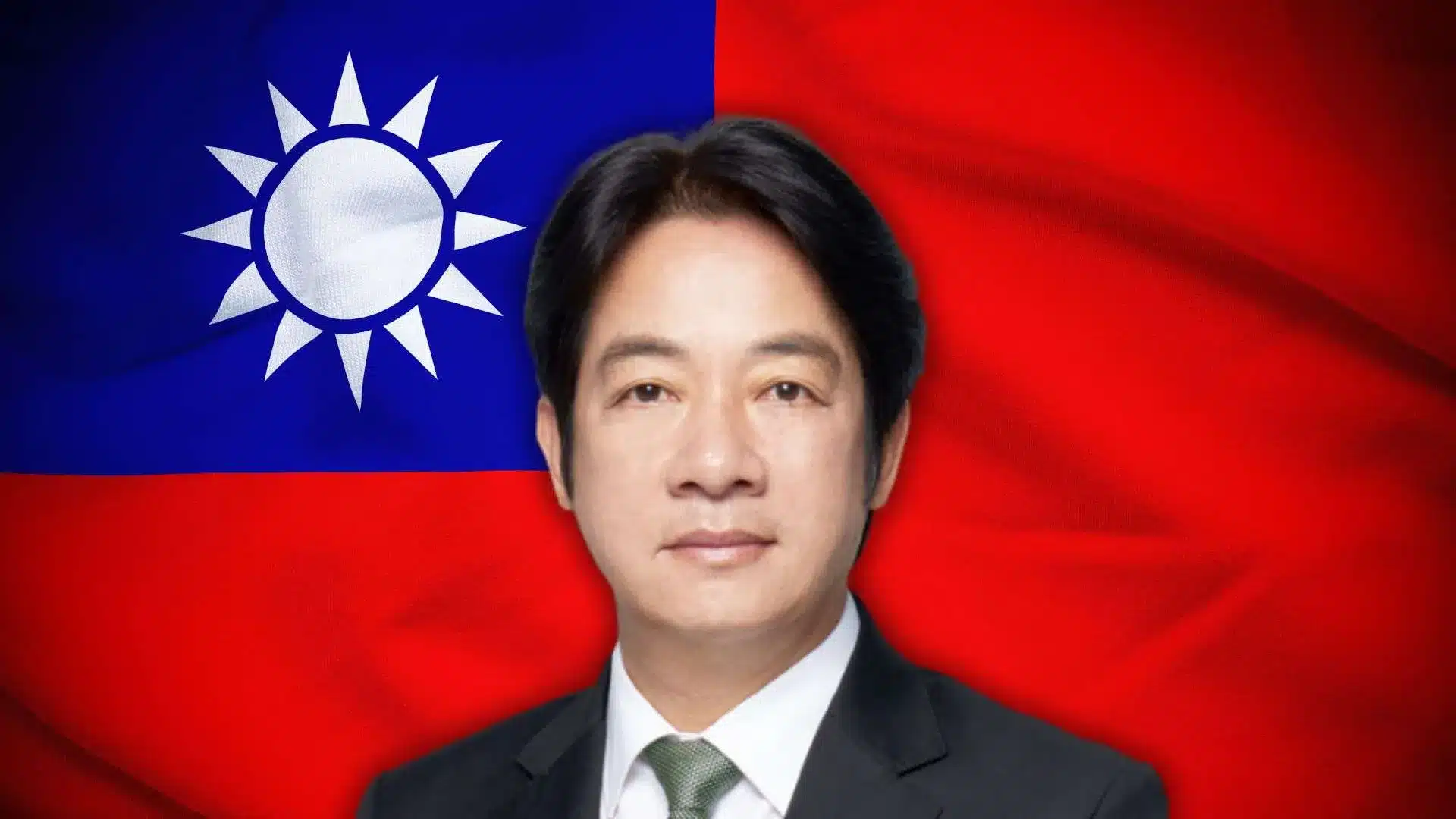The Financial Supervisory Commission of the Taiwanese Government is set to propose a draft law for VASP (Virtual Assets Service Providers) in June this year.
The law will facilitate the permission of banks to issue stablecoins to their clients bridging the gap between traditional finance and Digital assets in the country.
Peng Jinlong, Chairman of the Financial Supervisory Commission, explained the nature of the law and how banks in the country will leverage it to diversify their offer to clients there.
He explained that investors will have an “entry” when trading virtual assets. This entrance leverages stablecoins as a bridge between fiat and virtual currencies, making it easier for investors to trade in the virtual asset market.
The Unique Offer of Stablecoins
Stablecoins are virtual assets whose value is pegged to a stable asset. The most common stablecoins have their value pegged to the dollar on a 1:1 ratio. Common stablecoins include Tether (USDT), Circle (USDC), Paypal (PYUSD), and Ripple (RLUSD)
Stablecoins are very important in the crypto space because they mitigate the volatility problem. Investors usually convert their crypto assets to stablecoins to avoid loss of value associated with volatility.
In countries with high inflation stablecoins are used as a hedge against inflation.
On Implementing the Proposed Law
Zhuang Xiuyuan, director of a Taiwanese bank explained the challenges facing the Financial Supervisory Commission in implementing the proposed law.
Zhuang explained that stablecoins currently circulating in the market are not approved by the trusted authorities but are declared by the operators themselves to be guaranteed by U.S. dollar assets.
He added that when the law comes into effect all stablecoins issues in Taiwan must be approved by the Financial Supervisory Commission.
Peng Jinlong, chairman of the Financial Supervisory Commission revealed that Issued in Taiwan stablecoins would be jointly managed by the Central Bank.
Cryptocurrency is legal in Taiwan and the government is moving closer to formal regulation. The Ministry of Interior approved the formation of the Taiwan Virtual Asset Service Provider Association a key step in fostering self-regulation and building a vibrant community.


